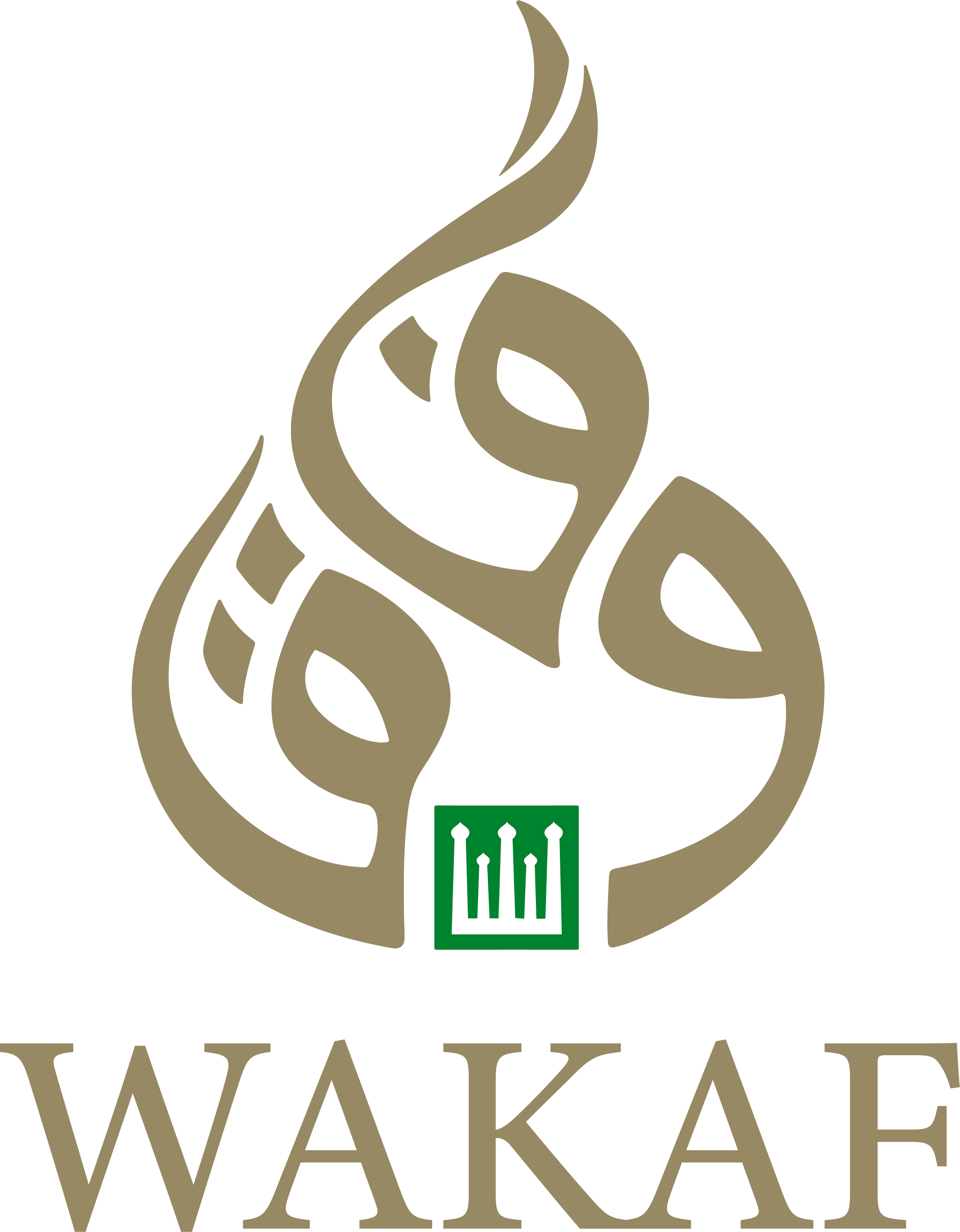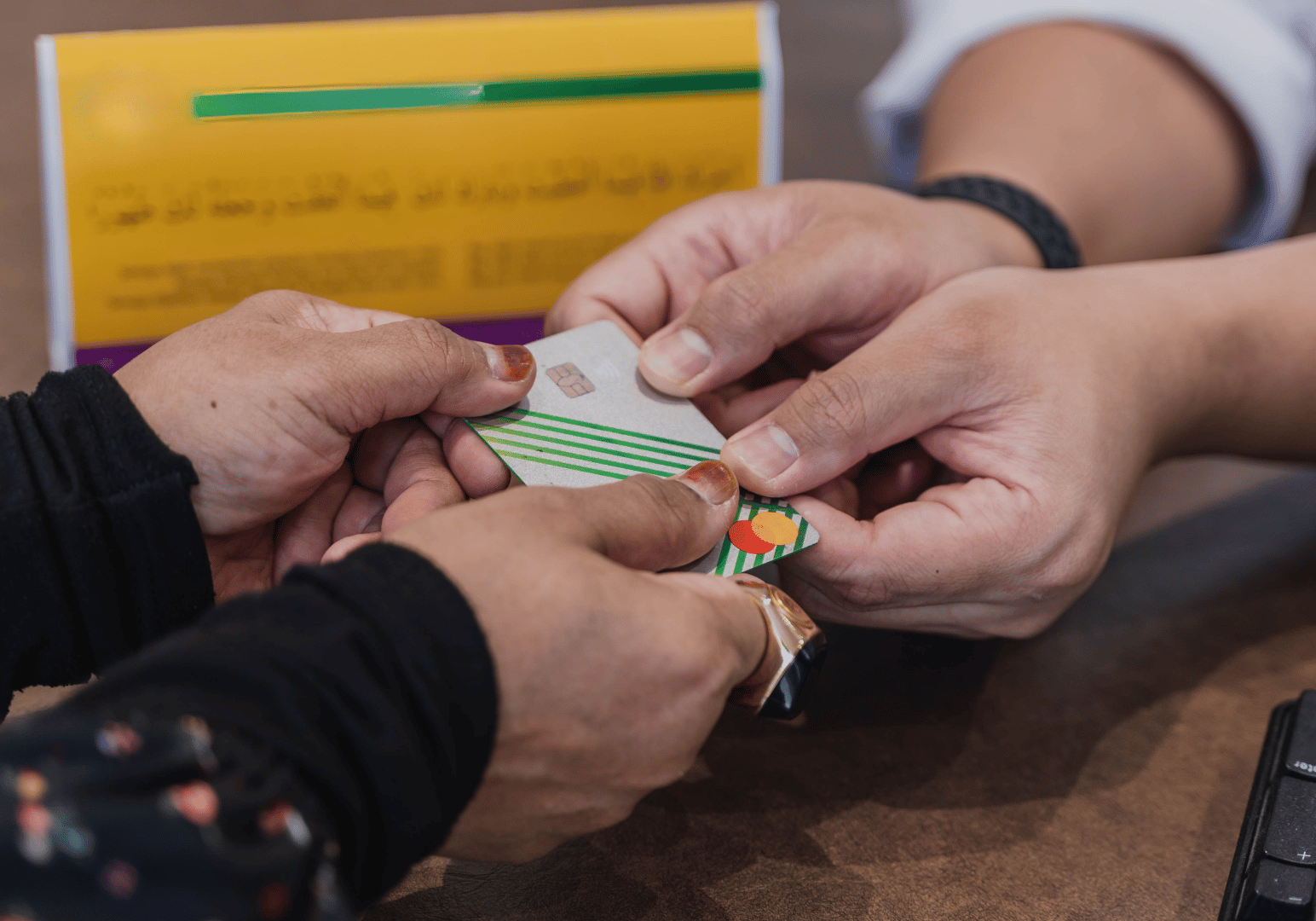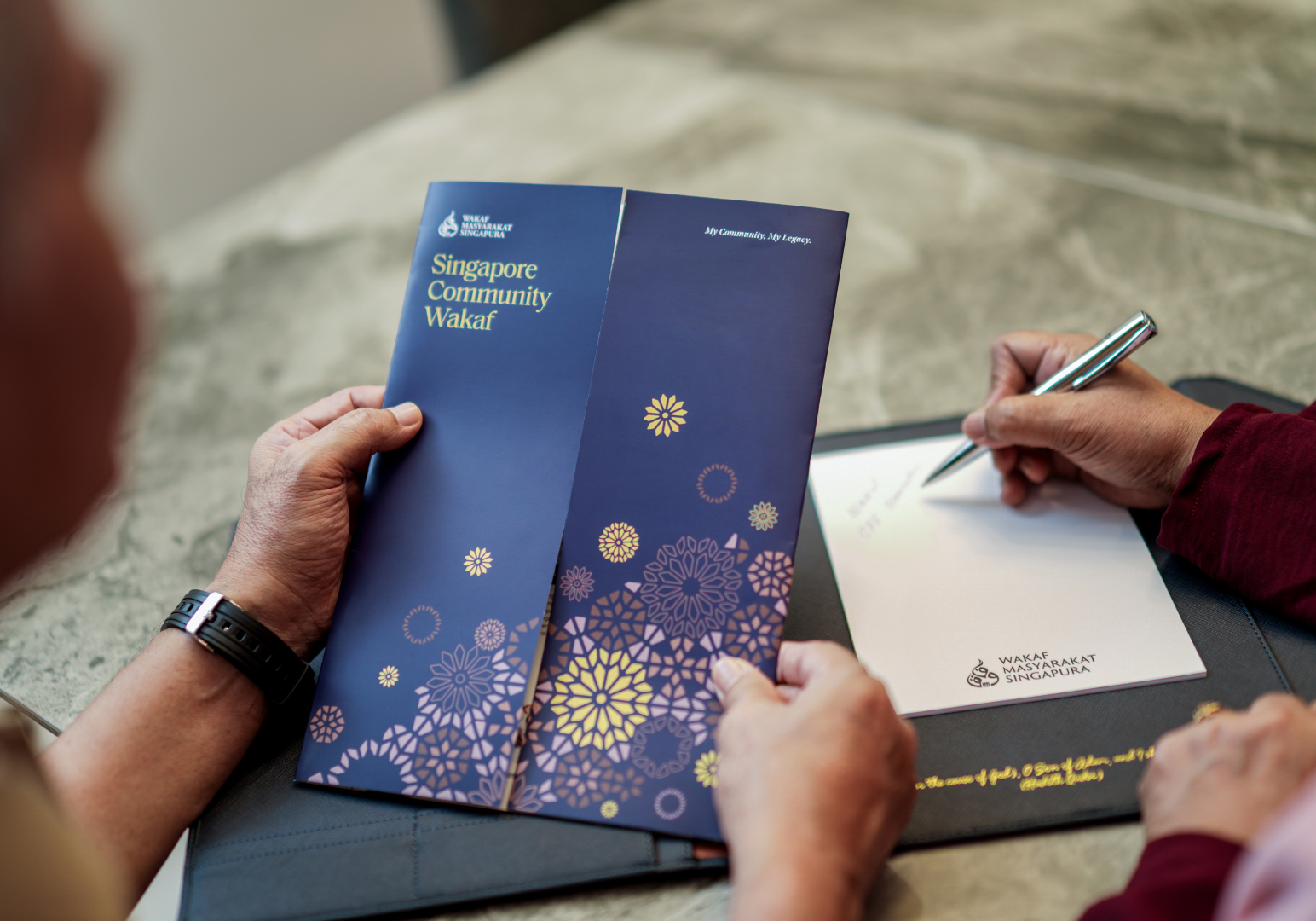Wakaf Structure in Singapore
Under the Administration of Muslim Law Act (AMLA), Muis is the custodian of all Wakaf in Singapore. This includes both family and public Wakaf. Muis exercises the right to decide administrative and management matters related to the sale, development and creation of Wakaf assets.
These decisions are made with guidance from the Muis Council, which is made up of religious and community leaders.
Where there are religious issues involved, the matter will be heard in the Fatwa Committee which is led by the Mufti of Singapore.
Regulation of Wakaf sector
Muis is the administrator and regulator of Wakaf in Singapore. This means that it:
- Registers all Wakaf in Singapore – the validity of a Wakaf is determined by the Fatwa Committee
- Establishes rules for the administration and management of Wakaf
- Has the authority to appoint and remove mutawallis
- Makes amendments to Wakaf-related legislation where necessary
Muis also acts as a mutawalli for the majority of Wakafs in Singapore.
Strengthening Wakaf
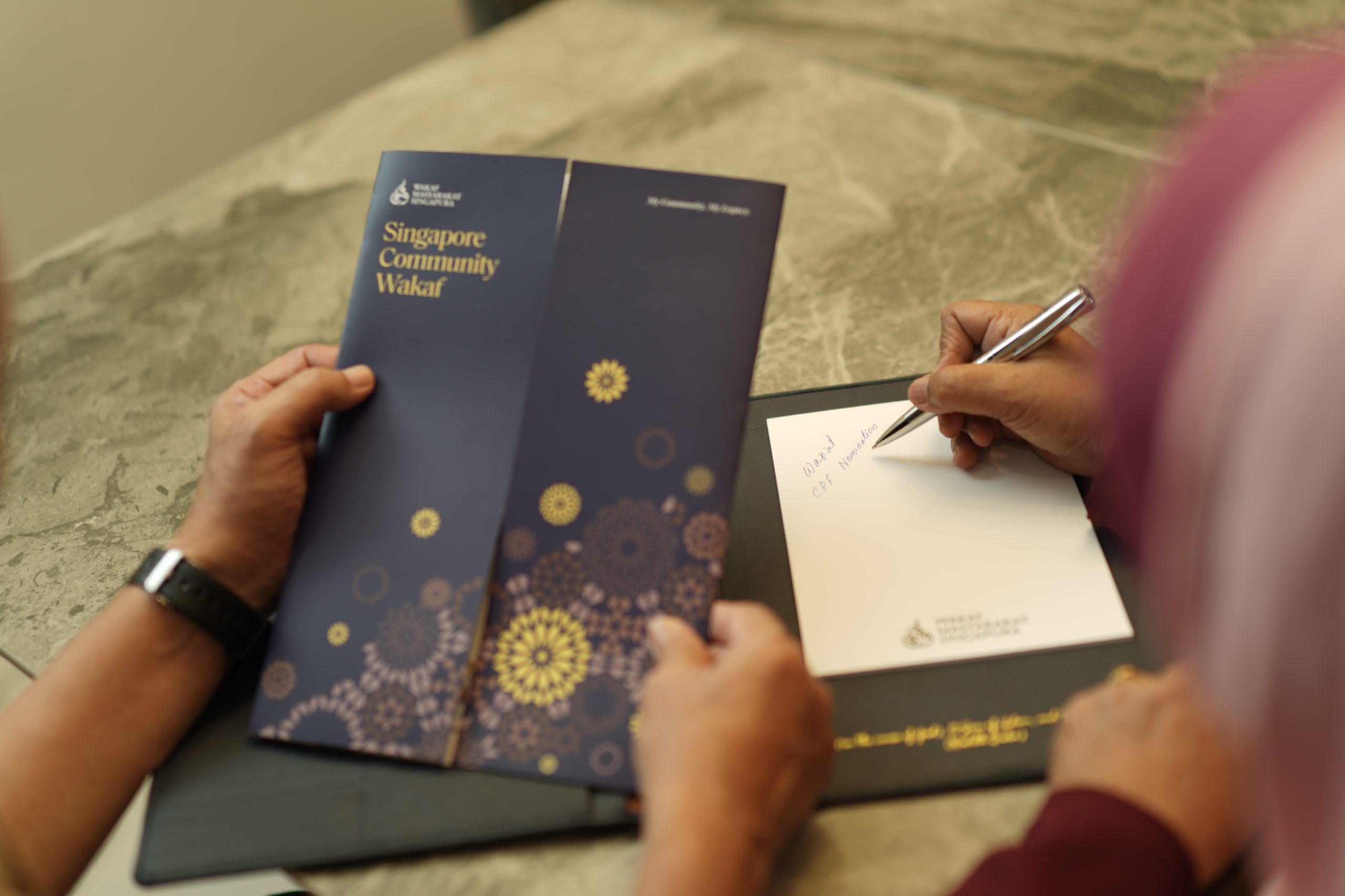
Asset Creation
In land-scarce Singapore, donation of land for Wakaf is not financially viable for the majority of Singaporean Muslims.
To sustain the wise legacy of Wakaf left behind by our forefathers, and to ensure that Wakaf creation remains accessible to all Muslims in Singapore, Muis initiated the creation of cash wakaf and multi-asset wakaf.
These forms of wakaf allows for any member of the community to contribute with whichever asset that they have.
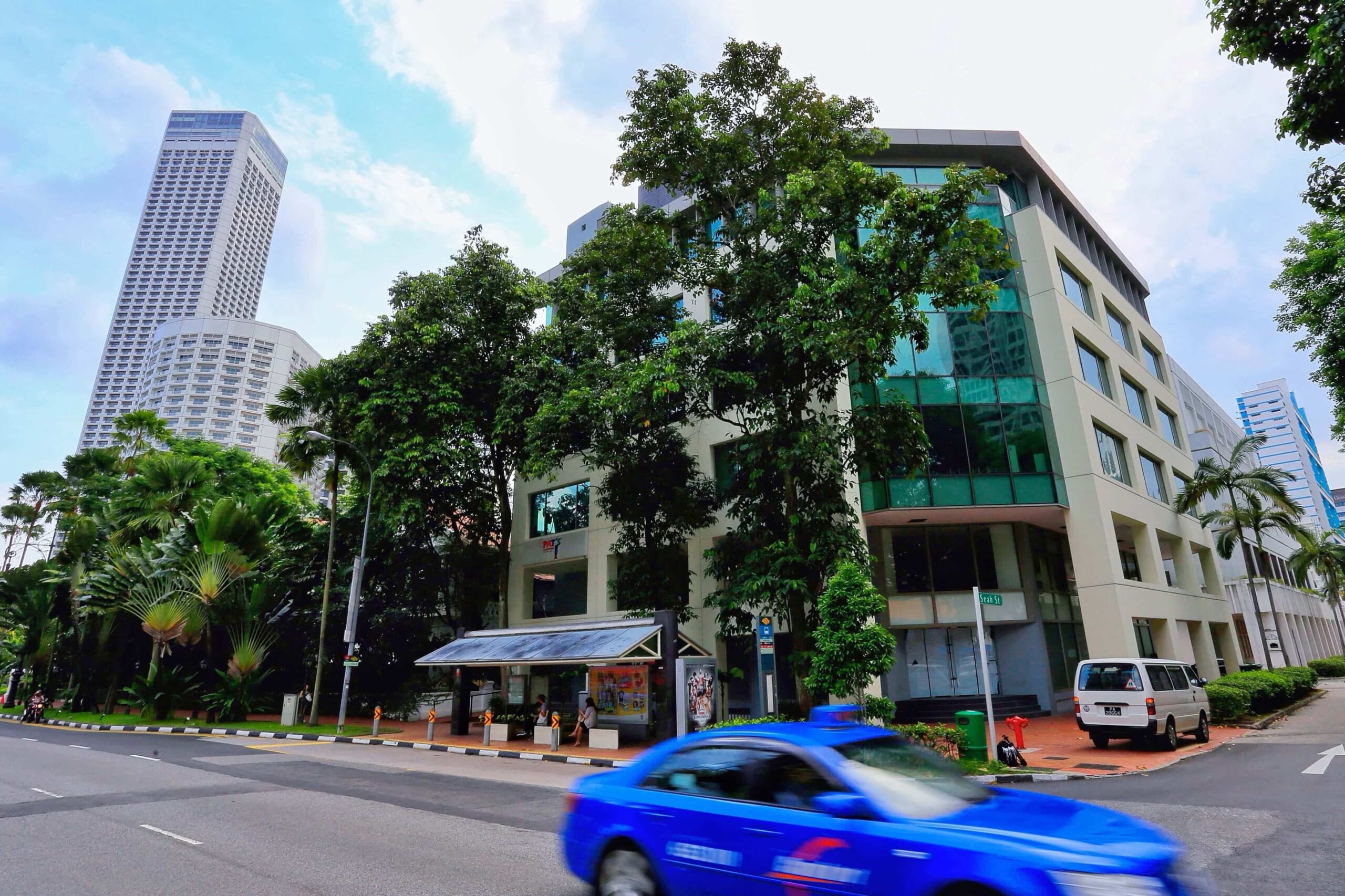
Asset Migration
Asset migration or istibdal is a strategy where all or parts of a Wakaf land that are no longer able to serve the wakif’s intended objectives are sold. Proceeds are then used to buy other assets dedicated to the same objectives.
In October 1985, the Fatwa Committee gave guidance on the permissibility of asset migration, as observed in other Muslim countries. This helps Wakaf properties to remain viable and optimised to maximise returns for their intended beneficiaries.
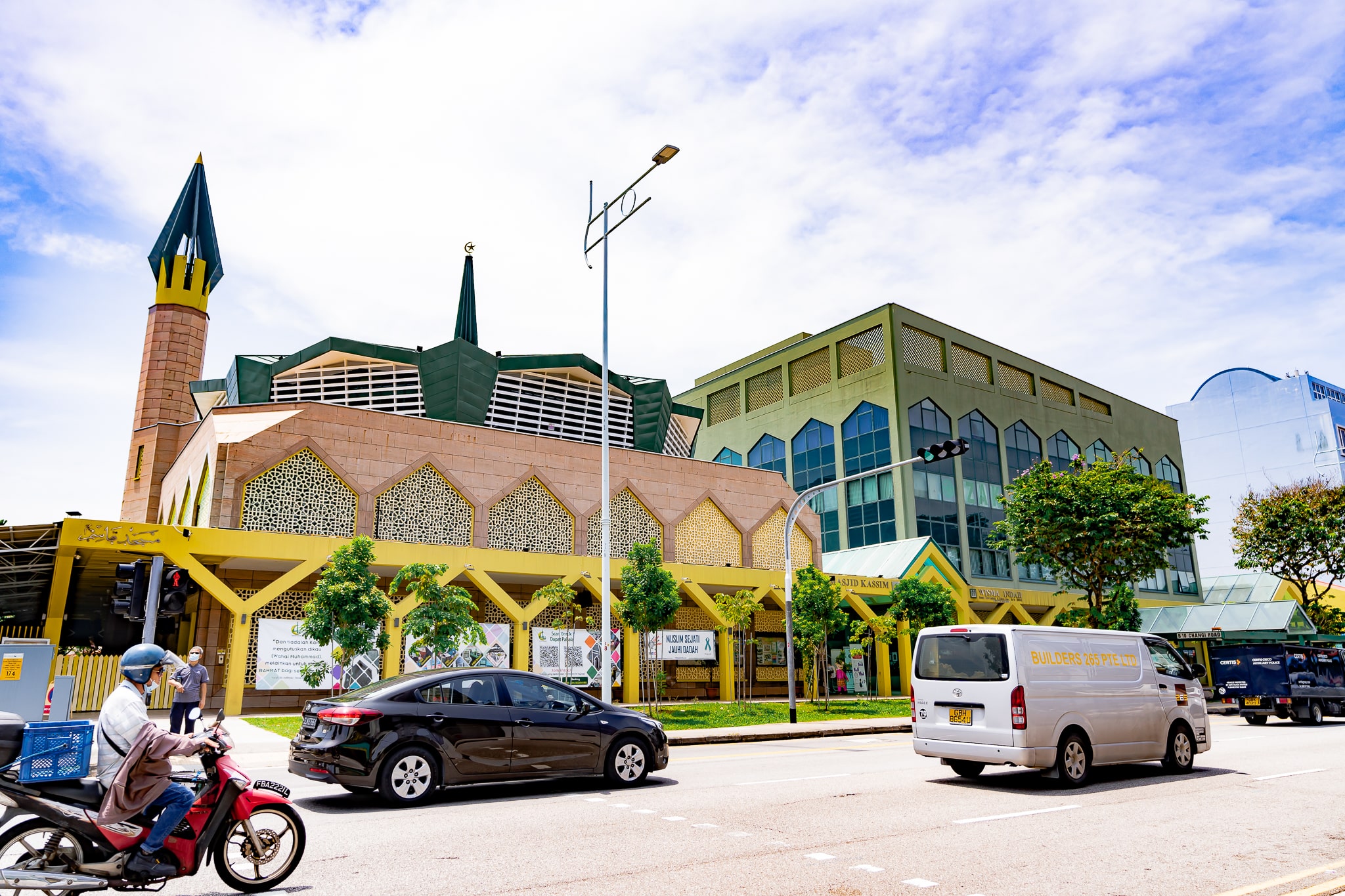
Asset Redevelopment
Most of Singapore’s Wakaf assets are properties, with the bulk of them being shophouses in heritage areas such as Kampong Gelam, Little India and Chinatown.
Muis has undertaken several redevelopment projects to increase the commercial value of these Wakaf properties and provide better returns for their beneficiaries.
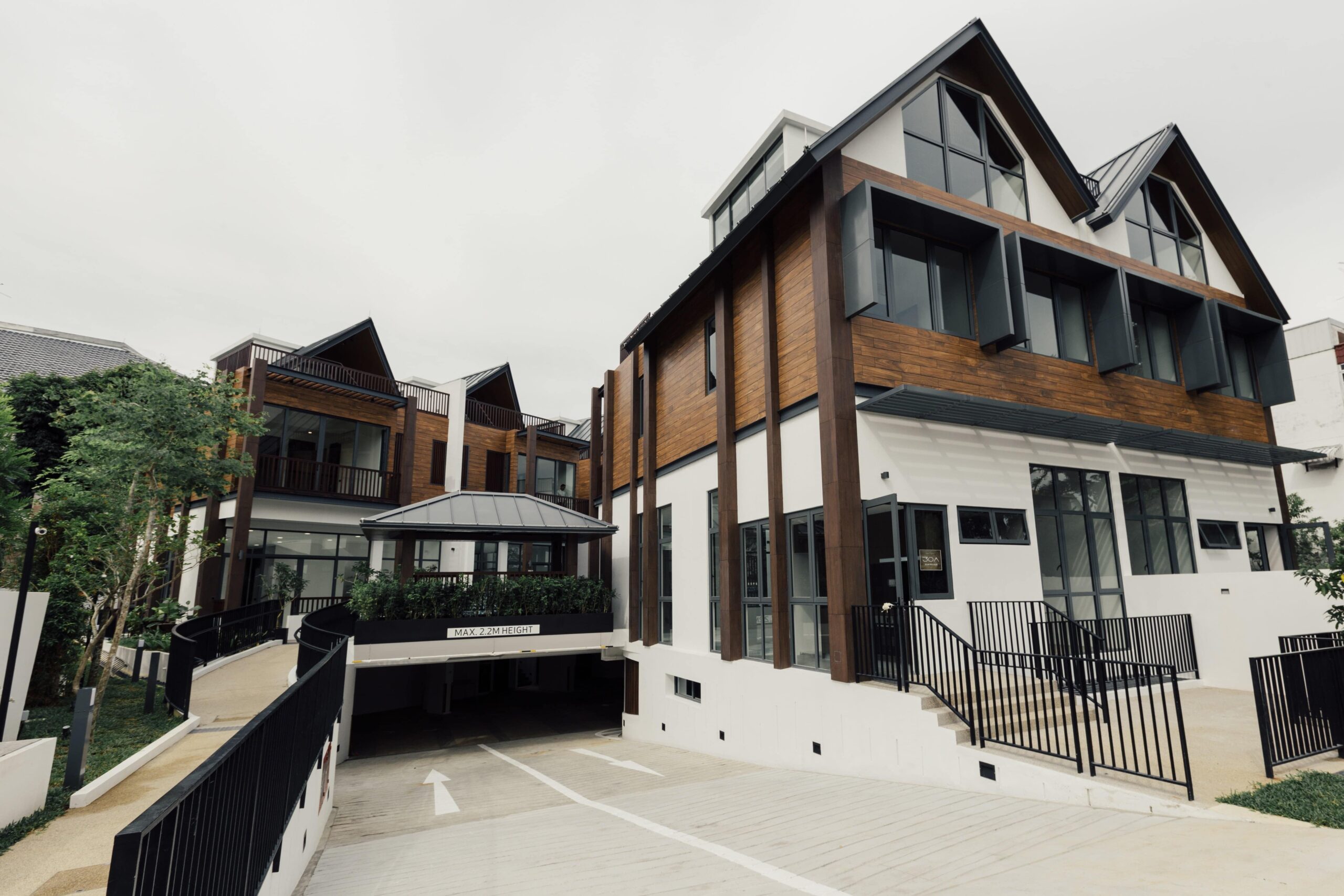
Wakaf Revitalisation Scheme (WRS)
Since 2012, Muis has developed the Wakaf Revitalisation Scheme (WRS) to actively identify endowment assets that have potential to be enhanced or redeveloped for better economic returns for beneficiaries. These are usually commercial, residential, or institutional properties.
WRS is administered by Muis’ wholly owned subsidiary, Warees Investments Pte Ltd. When redeveloping Wakaf properties, Warees Investments is mindful of conserving the unique heritage of each property while considering prevailing real estate market conditions and the urban development scene.
In this scheme, Warees Investments jointly redevelops Wakaf properties together with their mutawallis. Warees Investments provides professional expertise in planning and invests into the properties to maximise the capital growth. The Muis subsidiary also undertakes full management of the redevelopment from feasibility studies, conceptualisation, real estate investment analysis, and strategic engagement with stakeholders to marketing communications
Disbursement of Wakaf Proceeds
Income generated from Wakaf assets are generally used for the following causes depending on instructions from the wakif.
- Development and welfare of the Muslim community
- Building and maintenance of mosques and madrasahs
- Contributions to the poor and needy
- Provision of education, health and social services
- Financing socio-religious activities of the Muslim community
Disbursement from all Wakaf proceeds is overseen by the Wakaf Disbursement Committee (WDC). The WDC makes recommendations on Wakaf disbursement policies and on the amount and allocation of Wakaf funds managed by Muis.
The WDC is chaired by a member of the Muis Council and includes the CEO of Muis. Find out more about the current members of the WDC.
